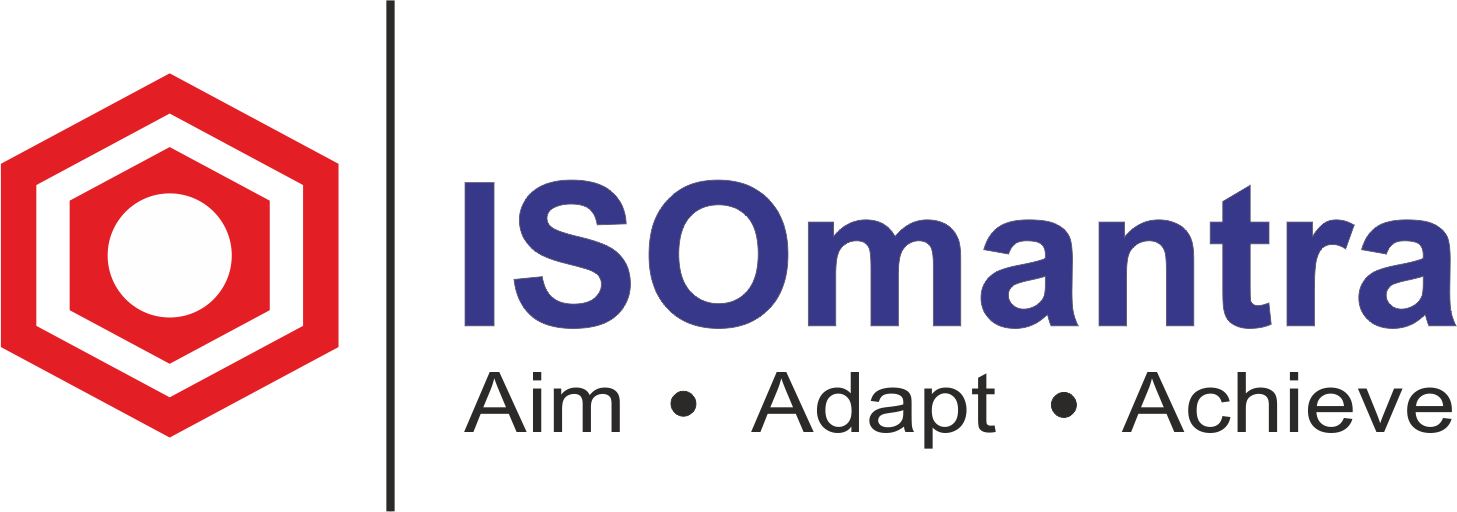In secure and prosperous societies, individuals can exercise their right to development and enjoy the full spectrum of human rights. Consequently, security has been considered a state responsibility and a necessary public service for a very long time.
There are many risks associated with the private security industry causing, contributing to, or being linked to actual or potential human rights violations. Private security providers (PSPs) offer a variety of services, each with its own set of risks. In some instances, security and protection services may require the use of force and the carrying of weapons. When securing hospitals and public infrastructure, or managing detention centers and checkpoints, security providers may exercise control over freedom of movement and, consequently, access to means of subsistence. When PSPs handle personal information, the privacy of citizens is at risk. Second, for commercial or operational reasons, security services may require a higher level of confidentiality than other commercial activities. As a result, oversight and control have become more challenging. Moreover, the industry frequently operates in environments that are complex, volatile, and high-risk. #security #infrastructure #privacy #humanrights

